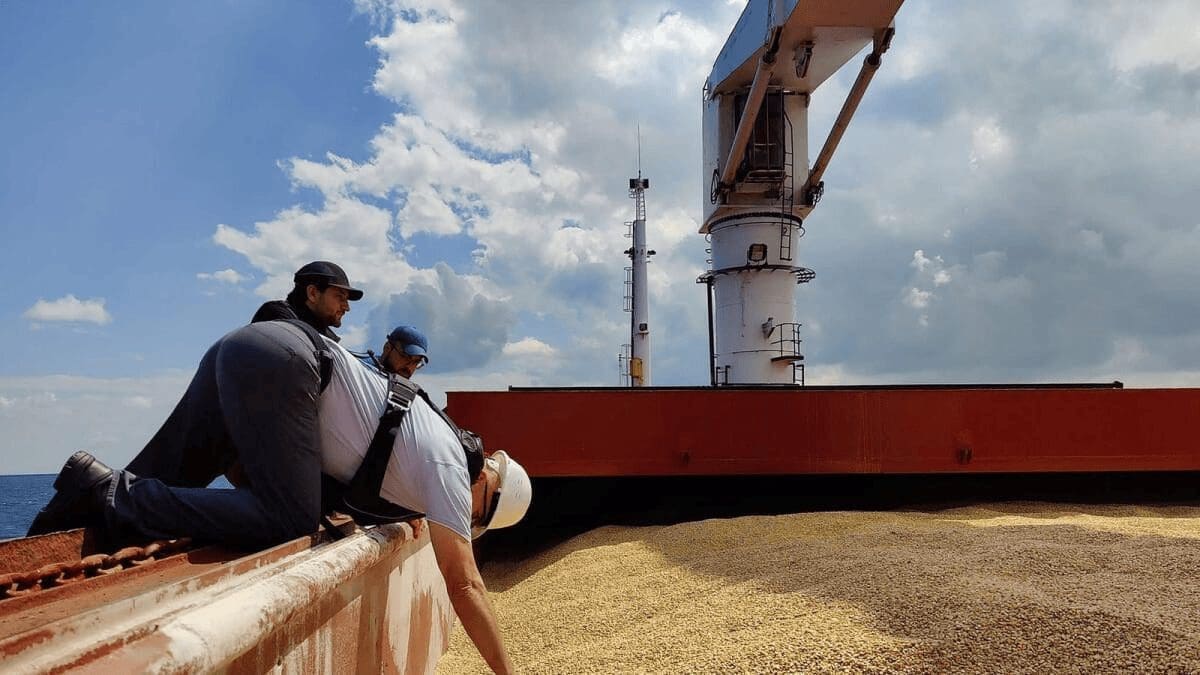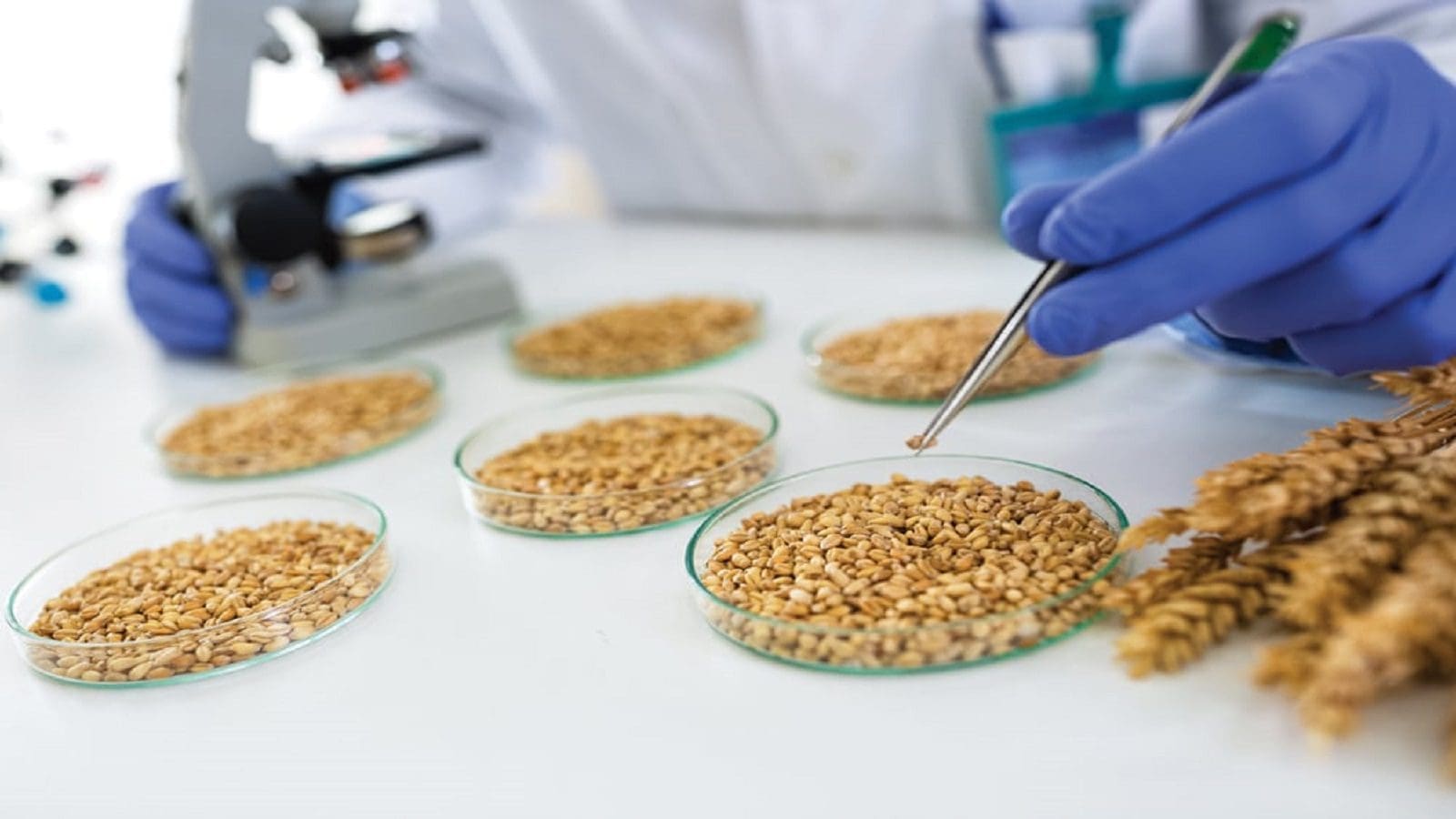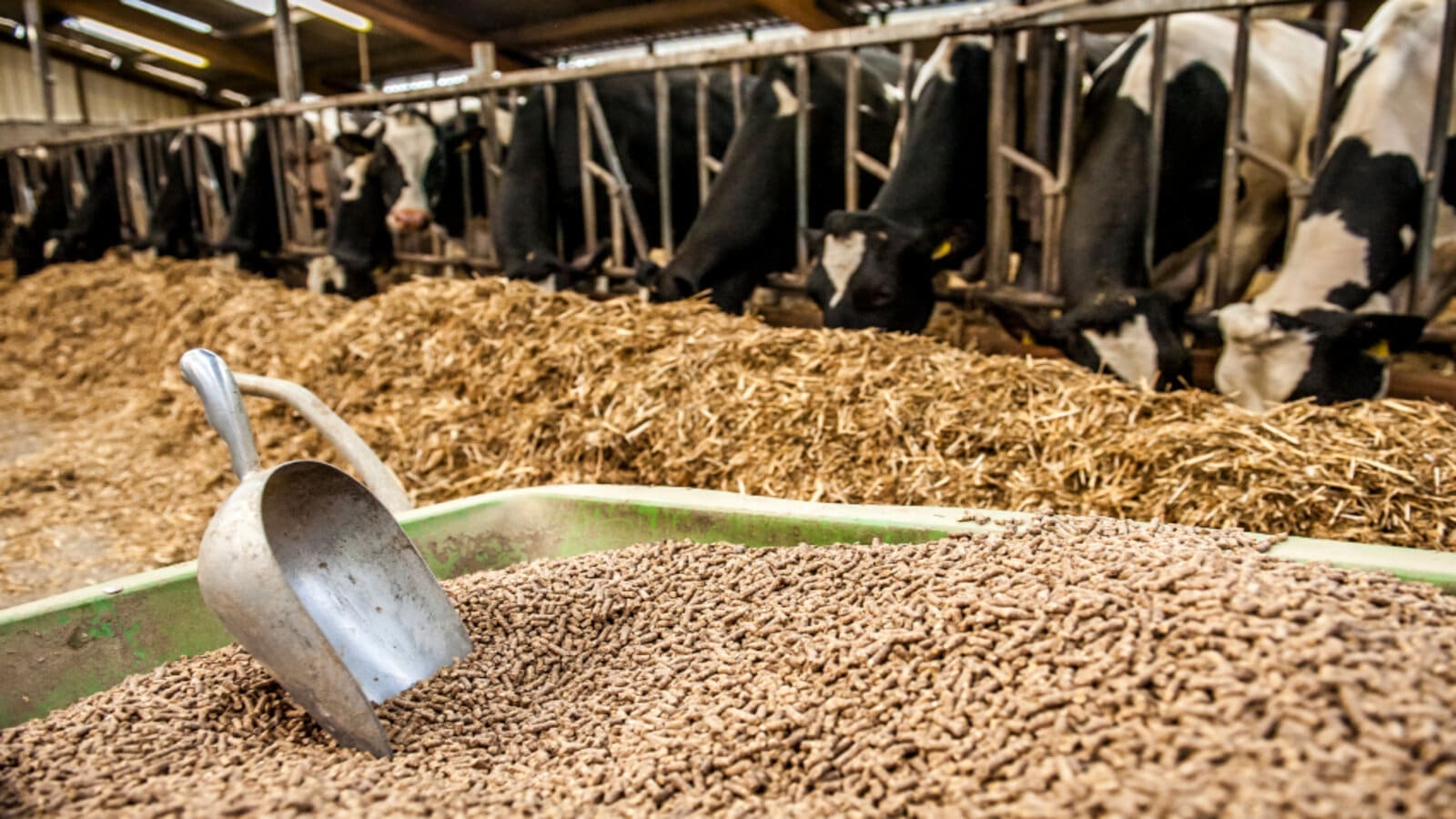EUROPE- The Polish government has decided to keep the ban on Ukrainian grain imports for at least up to the end of the year 2023, according to Development Minister Waldemar Buda’s interview at private Polish Radio Zet.
According to Buda, it is “absolutely impossible” for Poland to lift the embargo at the end of June and the earliest it could lift is at the end of this year.
The European Union has been working on a deal to end unilateral bans introduced by some central European countries to protect their local grain prices from cheap Ukrainian imports.
The Union insisted that these measures and trade policies were a matter of “E.U. exclusive competence” and that the EU “in such challenging times, it is crucial to coordinate and align all decisions within the EU.”
To pacify Central European farmers, the EU recently announced plans to offer a package worth 100 million euros (US$109.32 million) to support EU farmers after Ukrainian cereals kept depressing their domestic market prices.
However, Poland feels the need to have the ban to protect the locals as the EU works on introducing better measures to transport Ukrainian grains to countries outside Europe.
“We will not repeal our measures until similar measures are introduced at the European level. Time plays in our favor. We will keep Polish solutions until the situation stabilizes,” Buda insisted.
Similarly, according to a recent Facebook post by Farm Minister Istvan Nagy, Hungary intends to maintain an import ban on Ukrainian grain until the end of 2023.
When announcing the ban approximately two weeks ago, Nagy cited “the absence of meaningful E.U. measures,” providing that his country would restrict Ukrainian grain imports up to the end of June.
However, Nagy intends to extend the duration to protect domestic prices further while still allowing for the transit of Ukrainian grain to other destinations.
“We would like the Commission to accept our measures as we aim to uphold them until the end of the year, to allow our farmers to harvest and store their crop,” Nagy said while attending a meeting with European Union counterparts in Luxembourg on Tuesday.
These developments continue to surface when the Black Sea Grain deal, which offers an alternative route to Ukrainian grains, remains in jeopardy.
The current deal is due to expire on May 18 but Russia has repeatedly said it will not permit the deal to be extended unless the West removes obstacles to Russian grain and fertilizer exports.
“(The deal) is not a buffet you can pick and choose from,” Russian Foreign Ministry spokeswoman Maria Zakharova was quoted as saying by news agency Reuters.
One of Russia’s main demands in negotiations is the reinstatement of the Russian Agricultural Bank (Rosselkhozbank) to the Swift payments system to make transactions between it and other countries possible.
For all the latest grains industry news from Africa, the Middle East and the World, subscribe to our weekly NEWSLETTERS, follow us on LinkedIn and subscribe to our YouTube channel.










